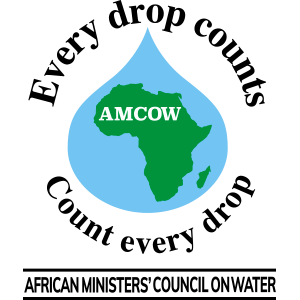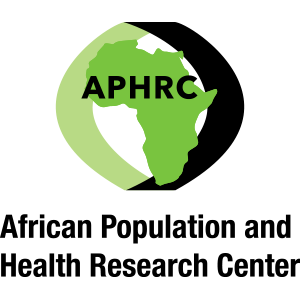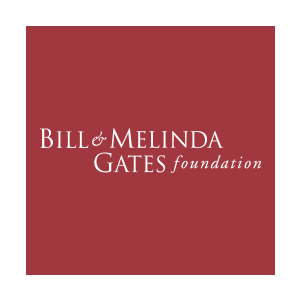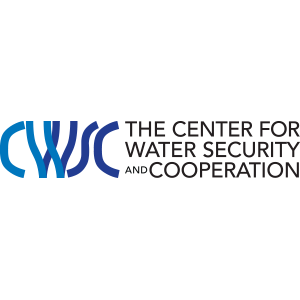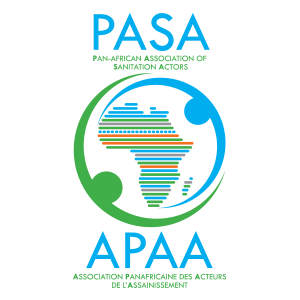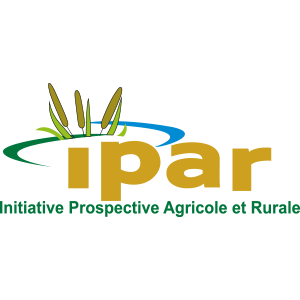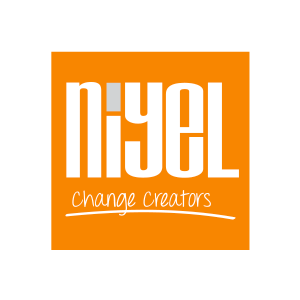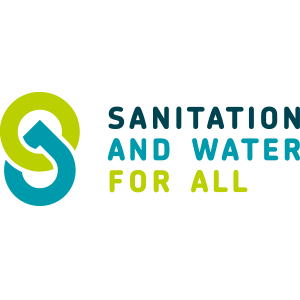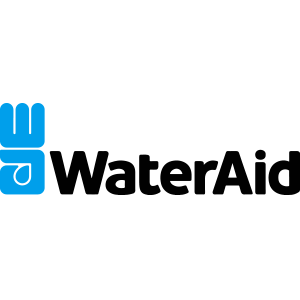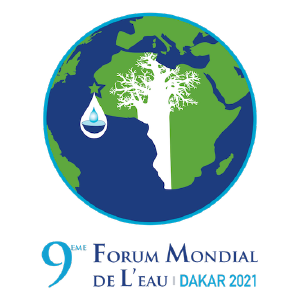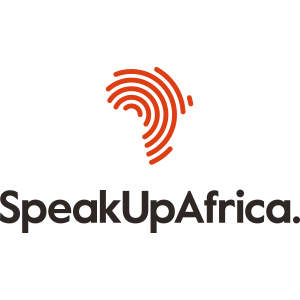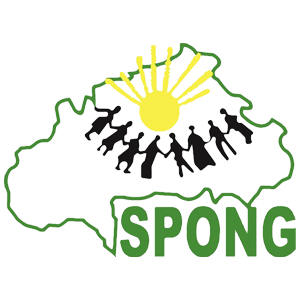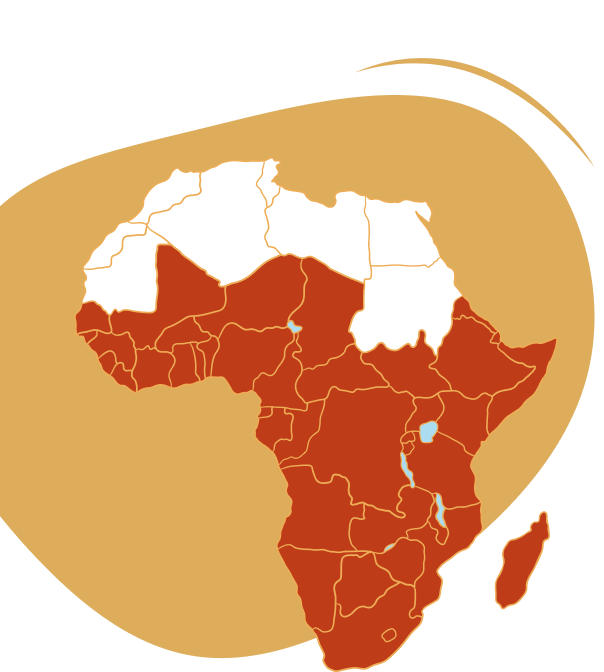
Unsafely managed sanitation and open defecation have serious health and environmental consequences such as soil pollution and proliferation of fecal borne diseases, such as neglected tropical diseases and diarrhea. The lack of access to safely managed sanitation also negatively impacts national economies and productivity across the continent.
It is important, now more than ever for water, sanitation and hygiene (WASH) advocates, experts and researchers to join forces and contribute to improving access to safely managed sanitation.
The Covid-19 pandemic has contributed to highlight gaps in access to safely managed sanitation and hygiene. The pandemic has also stressed the importance for coordination and partnerships for the implementation of concrete solutions.
As the world prepares for the aftermath and post-pandemic period, collaborative action is needed to achieve safely managed sanitation for all.
Learn more about sanitationCelebrate successes, influence policies and practices, consolidate knowledge, use and showcase innovative approaches for sustainable sanitation in Africa.
Through knowledge and expertise sharing, CAPOOP is committed to achieve access to adequate and equitable sanitation and hygiene for all, and end open defecation, paying special attention to the needs of women and girls and those in vulnerable situations by 2030.
The CAPOOP alliance is a collaborative platform that allows access to and share knowledge with the WASH community across the continent. Engaging in collaborative action, CAPOOP members aim to better understand challenges and opportunities, and find like-minded partners to work with.
focuses on four areas to achieve its objective :
Develop standardized briefs for identified influencers and spokespeople and key audiences to ensure the information shared is easy to understand.
Develop and elaborate specific and adapted questions for communities, to easily understand the customs and encourage the practice of good hygiene and sanitation.
Provide tools and case studies on the practice and outputs of CAPOOP members. Develop an online repository of key documents, tools and processes that affect the WASH sector planning and financing.
Develop standardized media briefs. Coordinate activities such as media trainings or orientation sessions. Consolidate a list of focal points the media could be directed towards in case of questions. Participate in a periodic media fellowship award to encourage quality media production on sanitation-related issues.
The Communications, Advocacy, Policy Opportunities and Outreach for Poop (CAPOOP) is an alliance of organizations committed to achieve access to adequate and equitable sanitation and hygiene for all, and end open defecation, paying special attention to the needs of women and girls and those in vulnerable situations by 2030. Current members include:
